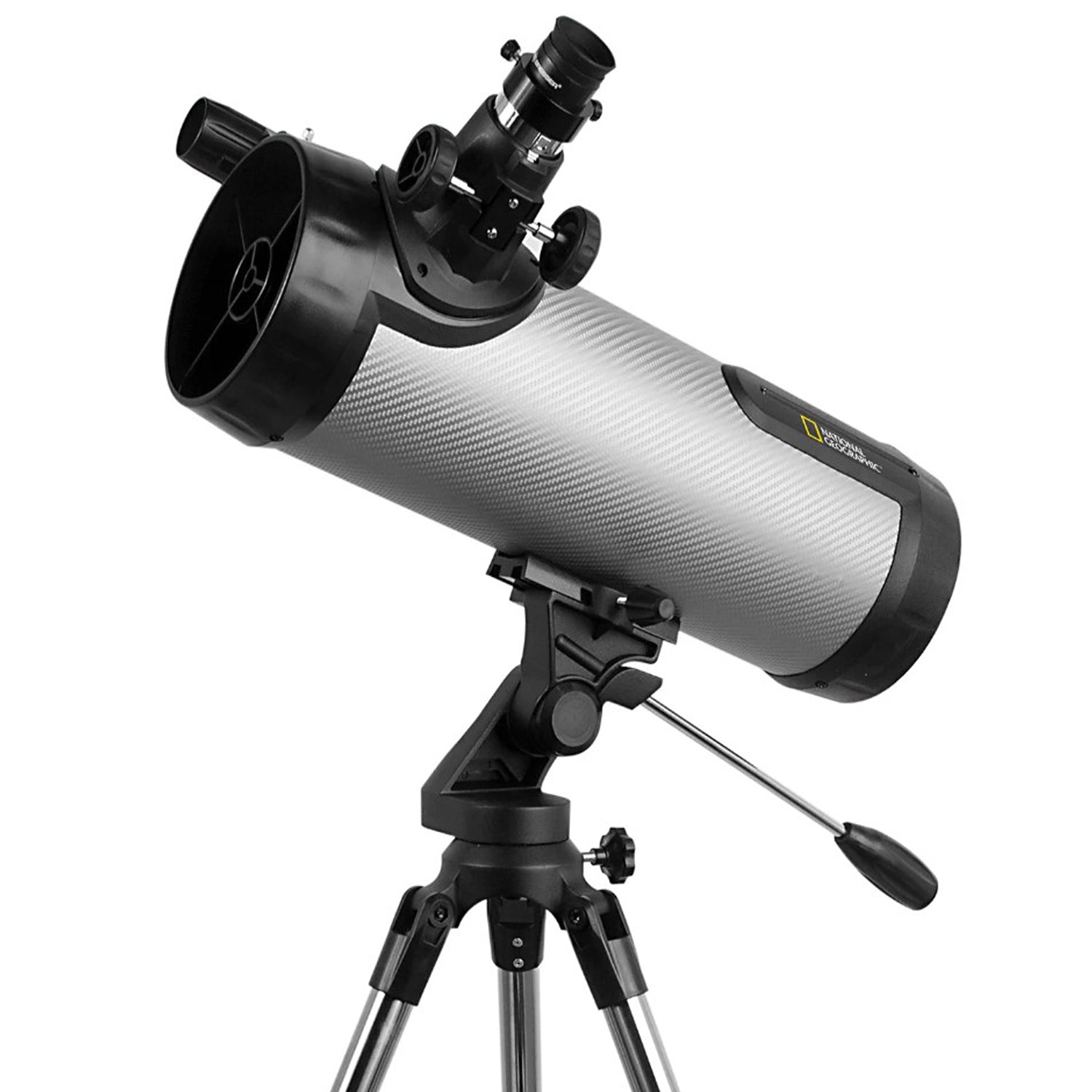
That’s a great idea! Switching to solar power for your home can have several benefits, both for the environment and for your own energy consumption. Here are some of the various ways you can use solar power as an alternative:
- Solar Panels for Electricity Generation: The most common use of solar power is to generate electricity for your home. Installing solar panels on your roof or in your yard allows you to harness the energy from the sun and convert it into usable electricity. This can significantly reduce your reliance on the traditional power grid and lower your electricity bills.
- Solar Water Heaters: Solar water heaters use the sun’s energy to heat water for your household needs. By installing solar water heating systems, you can reduce your reliance on conventional water heaters that consume electricity or gas. Solar water heaters are particularly effective in sunny regions and can provide hot water for bathing, laundry, and other purposes.
- Solar-Powered Outdoor Lighting: You can replace traditional outdoor lighting fixtures with solar-powered ones. These lights have small photovoltaic panels that absorb sunlight during the day and convert it into stored energy. This stored energy powers the lights during the night, eliminating the need for electrical wiring or batteries.
- Solar-Powered Ventilation: Solar-powered ventilation systems can help regulate the temperature in your home. For example, solar attic fans use solar energy to remove hot air from the attic, reducing the need for air conditioning and improving overall energy efficiency.
- Solar-Powered Charging Stations: If you have electric vehicles or other devices that require charging, you can set up solar-powered charging stations. These stations use solar panels to generate electricity and charge your vehicles or devices without relying on the grid or traditional power sources.
- Solar-Powered Outdoor Activities: Solar power can also be used for various outdoor activities. For instance, you can use solar-powered camping gear like lanterns, chargers, and cooking equipment to reduce your reliance on fuel or batteries while enjoying nature.
Remember, the feasibility and cost-effectiveness of implementing solar power for your home may vary depending on factors such as your location, the available sunlight, and local regulations. It’s advisable to consult with a professional solar installer to assess your specific needs and determine the best solar solutions for your home.
